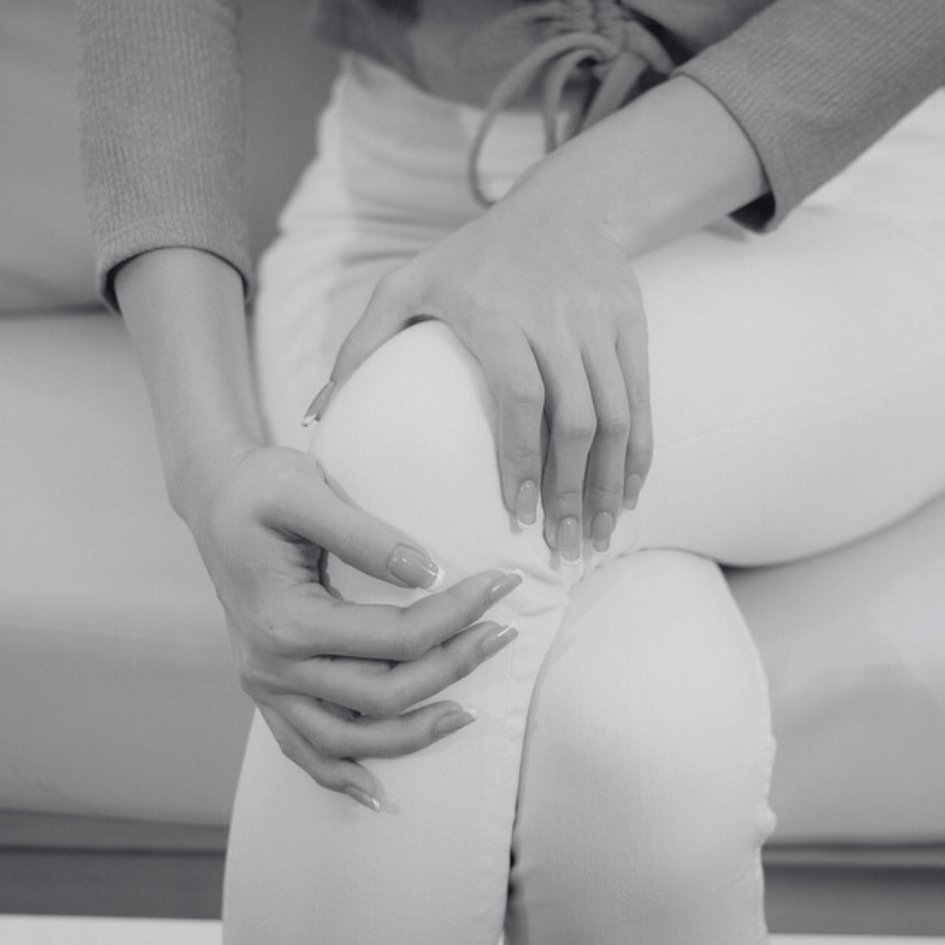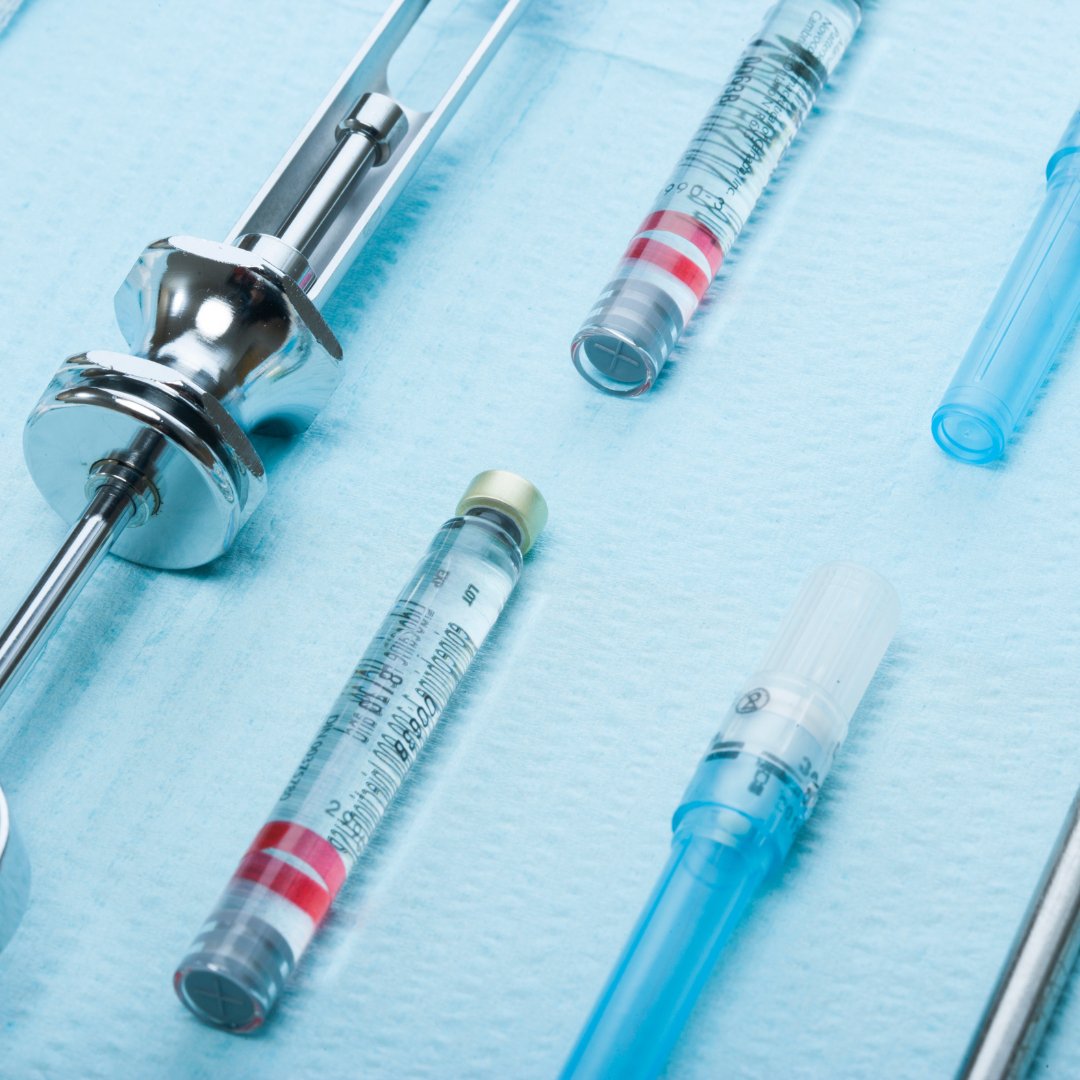
How to Avoid Knee Replacement Surgery: What Every 50-Year-Old Should Know
Learn how to avoid knee replacement with simple habits that protect your joints through strength, movement, and long-term knee care.
Total knee replacement (TKR) surgery is a transformative step toward reclaiming mobility and reducing chronic knee pain. But successful knee recovery isn’t just about the surgery itself. What happens before you enter the operating room can play a huge role in how smoothly you heal afterward. One often-overlooked but essential part of preparation? Labwork.
Many people assume that if they’re cleared for surgery, they’re good to go. But skipping crucial blood tests could mean heading into a major procedure with hidden nutritional deficiencies or undiagnosed medical conditions that could slow healing and lead to complications. Imagine trying to build a house without checking if the foundation is solid. That’s what undergoing TKR without proper labwork is like—it might hold up, but the risks are far greater.
Lab tests before surgery are designed to identify red flags that could impact recovery. Issues like anemia, low protein levels, vitamin deficiencies, and uncontrolled blood sugar can interfere with wound healing, increase infection risk, and make the physical recovery more difficult. When these issues are detected early, they can be addressed before surgery, improving recovery outcomes and getting you back on your feet faster.

Nutritional deficiencies can seriously slow your recovery after TKR surgery. Here are a few key ones to watch out for:
These deficiencies are not always obvious in daily life, but they can have a major impact on your surgical outcome. That’s why labwork is crucial—it helps you catch and correct these issues before they create problems.
Without a baseline understanding of your pre-surgical labwork, complications may arise that can make post-operative recovery more challenging. Some of the most significant risks include:
Simply put, going into TKR surgery without proper labwork is like driving on a road trip without checking your gas tank—it might work out fine, or you might end up stuck somewhere you don’t want to be.
Lab tests identify risks and provide a roadmap for optimizing your recovery. When deficiencies or imbalances are detected, healthcare providers can recommend interventions that make a real difference in your healing process. For example:
The good news? Addressing these issues before surgery can significantly improve your post-operative journey. Here’s how you can take charge of your health before TKR surgery:

Labwork is just one part of the equation. To set yourself up for the best possible recovery from knee replacement surgery, consider these additional steps:
If you’re preparing for total knee replacement surgery, don’t overlook the power of labwork and nutrition. A few simple tests can reveal critical health factors that, if corrected, can mean the difference between a difficult recovery and a smoother, faster return to mobility.
Having the right rehabilitation plan in place before surgery is essential for a smoother recovery and better long-term outcomes. GoKnee offers a complete knee recovery program that helps you regain range of motion, strength, and confidence in your new joint. By combining expert-designed exercises with an innovative knee device, GoKnee supports a faster, more effective rehabilitation process—right from the comfort of your home. Check it out here.
Good luck on your knee journey!
Good knees start here. Don’t miss a step—subscribe to KneeMail for free tips from knee expert Shehla Rooney, PT!

Learn how to avoid knee replacement with simple habits that protect your joints through strength, movement, and long-term knee care.

Discover the subtle ways knee pain affects daily life and learn practical strategies for managing knee pain naturally through strength, mobility, and early action.

Knee stiffness after 40? Learn why it happens and how movement, hydration, and strength training can help keep your knees flexible, strong, and pain-free.

Build a safer winter routine while recovering from knee replacement surgery. Learn how cold weather affects healing and how to protect your new joint.

Discover how hydration supports knee joint health, eases stiffness, and promotes healing during knee replacement recovery.